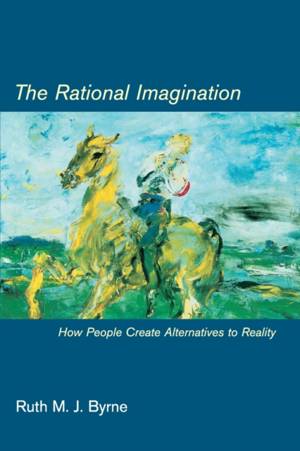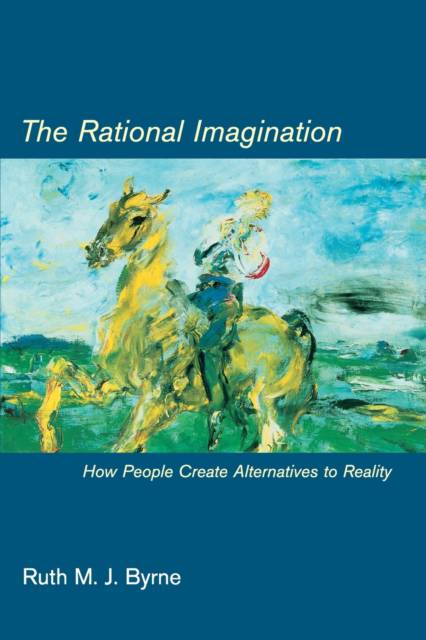
- Afhalen na 1 uur in een winkel met voorraad
- Gratis thuislevering in België vanaf € 30
- Ruim aanbod met 7 miljoen producten
- Afhalen na 1 uur in een winkel met voorraad
- Gratis thuislevering in België vanaf € 30
- Ruim aanbod met 7 miljoen producten
Omschrijving
People often create alternatives to reality and imagine how events might have turned out "if only" something had been different. Byrne explores the "fault lines" of reality, the aspects of reality that are more readily changed in imaginative thoughts. She finds that our tendencies to imagine alternatives to actions, controllable events, socially unacceptable actions, causal and enabling relations, and events that come last in a temporal sequence provide clues to the cognitive processes upon which the counterfactual imagination depends. The explanation of these processes, Byrne argues, rests on the idea that imaginative thought and rational thought have much in common.
Specificaties
Betrokkenen
- Auteur(s):
- Uitgeverij:
Inhoud
- Aantal bladzijden:
- 268
- Taal:
- Engels
- Reeks:
Eigenschappen
- Productcode (EAN):
- 9780262524742
- Verschijningsdatum:
- 1/03/2007
- Uitvoering:
- Paperback
- Formaat:
- Trade paperback (VS)
- Afmetingen:
- 141 mm x 227 mm
- Gewicht:
- 367 g

Alleen bij Standaard Boekhandel
Beoordelingen
We publiceren alleen reviews die voldoen aan de voorwaarden voor reviews. Bekijk onze voorwaarden voor reviews.











